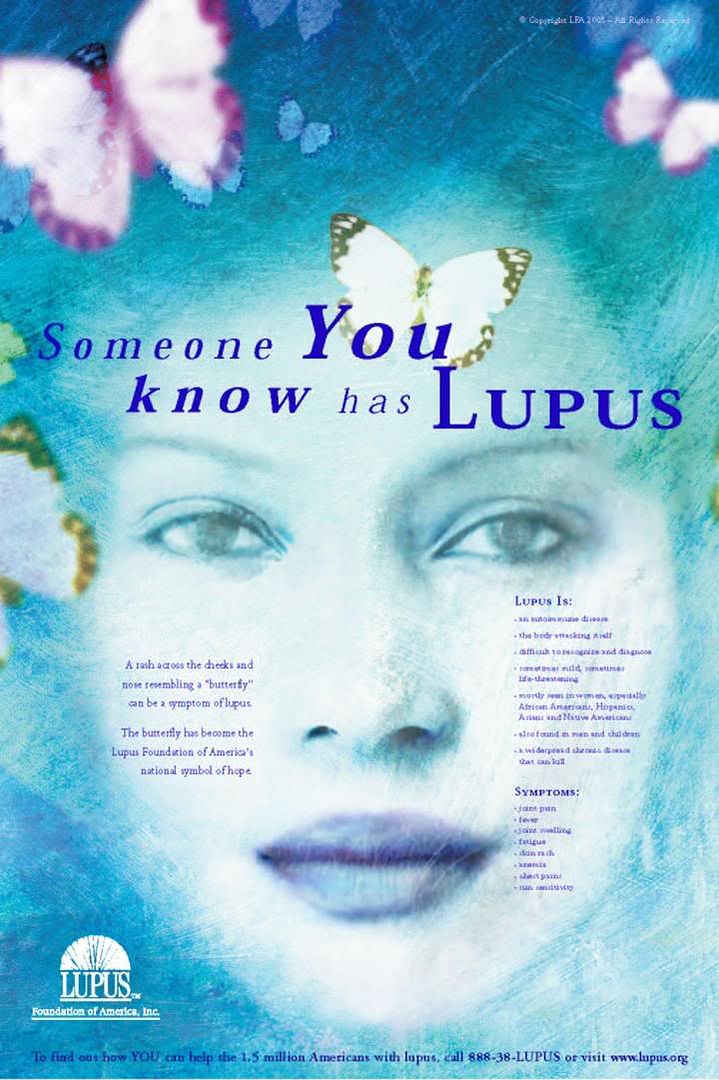 |
|
|
New Tests for Lupus Kidney Disease? Wednesday, March 26, 2008 What is the topic?The kidneys remove impurities from the blood. If the kidneys are damaged, they can lose their ability to filter out those waste products, and serious health complications can occur. Lupus patients can develop inflammation in their kidneys, which is known as lupus nephritis (LN). Rarely, the LN is so severe that all of the function is lost in the kidneys and the patient would need to go on dialysis until they could get a kidney transplant. What did the researchers hope to learn? The researchers in this study hoped to learn if the presence of specific antibodies in a patient’s blood could be linked to the more severe kinds of kidney disease. In particular they were interested in anti-dsDNA and anti-nucleosome antibodies. Who was studied? The researchers collected information from three different groups of lupus patients in Calgary Canada: 14 LN patients who had received a kidney transplant; 22 patients who had LN stabilized without needing dialysis; and 66 lupus patients without nephritis, to compare with these other groups. The control patients were selected to match the two groups of LN patients as closely as possible in age, sex, and ethnicity. How was the study conducted? The researchers obtained blood samples that had previously been taken from the three groups of patients and stored at a serum bank. They also had access to kidney tissue biopsies for the LN patients (12 of 14 transplant patients, 17 of the 22 other LN patients). They compared the antibody profiles for the three different groups, and also looked to see if particular antibodies were associated with the different degrees of kidney damage that showed up on the biopsies. What did the researchers find? Ninety-six of the 100 patients had antibodies which are associated with lupus, but there was no significant difference in the frequency of most kinds of antibodies in the three groups of LN patients, except for the anti-nucleosome antibodies. Anti-nucleosome antibodies were observed in much higher frequency (79 percent) and at significantly higher levels in the transplant group than in the other LN patients (18 percent) or the controls (9 percent). In addition, the researchers calculated that lupus patients were seven times more likely to develop lupus nephritis if they had anti-nucleosome antibodies present. They felt that these findings provided strong evidence that the presence of anti-nucleosome antibodies could be a reliable test for picking out people at risk for severe lupus nephritis that might lead to the loss of kidney function without aggressive treatments. What were the limitations of the study? There were only 100 patients in this study, so additional research with many more patients will be needed to see if anti-nucleosome antibodies can be used as a good test to predict risk of severe LN. Larger studies will also help researchers see if there are differences in the antibodies in LN in people of different genetic backgrounds. Also, even though 79% of the LN patients who had kidney transplants had anti-nucleosome antibodies, the other 21% of the ESRD patients did not; similarly, there were patients who didn’t develop any lupus nephritis who had anti-nucleosome antibodies in their blood tests: this points out that even when two lupus patients have the same symptoms, different disease activity may be at work—which is why every case of lupus and every lupus patient is unique. What do the results mean for you? Doctors find some blood tests useful to help them manage their individual patients’ care. If, as this research suggests, the presence of anti-nucleosome antibodies can identify those patients with higher risk for serious LN, doctors can use this information to provide early and aggressive therapy in hopes of keeping the disease under control before the patient’s kidneys are badly damaged. source Labels: kidney, lupus neprithis, renal transplantation
Comments:
Post a Comment
~~~ |
.:Find Me:. If you interested in content, please contact the Writer .:Want to Joint ?:. If you want to know more about lupus surferer's activities and want to donor your help and money, go here Need more consult ?, go here .:acquaintances:.
The Enterprise .:New Book:. .:talk about it:.
.:archives:.
.:Link-link website Lupus:.
Lupus Org .:credits:.
|